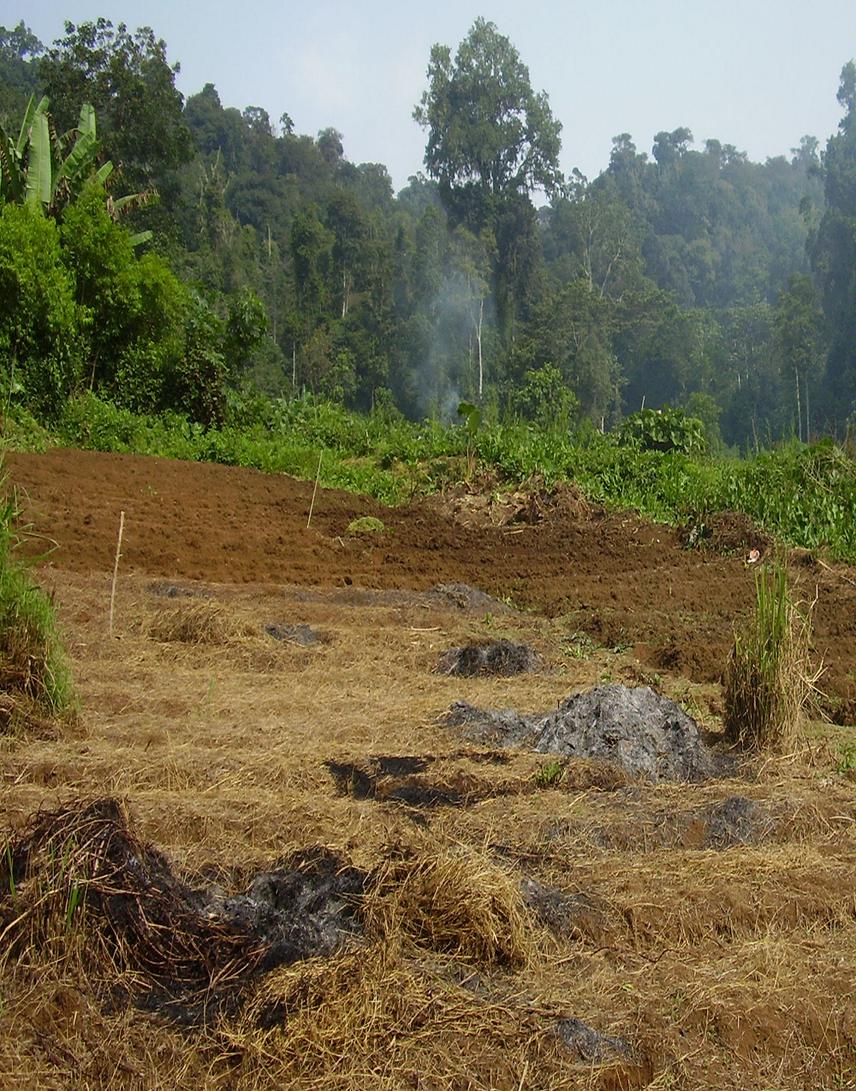Ricardo de Lima
Other projects
9 May 2012
The Impact of Changing Agricultural and Forestry Practices on the Endemic Species of Sao Tome – Letting People Know
This project intends to understand how the endemic-rich avifauna of São Tomé might respond to the ongoing agricultural intensification.

São Tomé has long been identified as a global conservation priority, namely it belongs to the biodiversity hotspot of the “Guinean forests of West Africa”, it is a critical priority within the “Endemic Bird Areas” and its Southwest forests are the second most important forests for birds in Africa. The island holds high levels of endemism in several taxonomic groups (100 flowering plants, 30 land snails, 39 butterflies, 21 birds). It holds nearly the same number of endemic bird species as the 13 Galapagos islands, despite covering only a ninth of the area.
Agricultural intensification is regarded as the main threat to São Tomé’s endemic-rich ecosystems. Eight of the endemic bird species are threatened, most of which don’t seem to adapt well to agricultural habitats. Nevertheless many of the endemic birds adapted well to the new man-made landscapes and for some these have even become their preferred habitats. Several bird species have recently been introduced to São Tomé. These depend largely on active agriculture, but their impact on the delicate natural equilibrium of the island has not been assessed.
There is still a very limited understanding of how changes in the agricultural practices can influence the avifaunal communities, hindering the effective development of conservation measures for São Tomé island. We will compare the composition and density of endemic and endangered bird species in different agricultural systems, using stratified sampling, representing the different production systems and the natural diversity of the island. Bird communities in each system will be sampled using 5min transect point counts throughout the year, to overcome intra-annual variations.
Work will be done in close connection with local government, non-governmental organisations and rural communities, getting them involved in nature conservation, increasing their awareness about the long term benefits of sustainable agriculture and assuring that the findings of this project are disseminated to relevant stakeholders. Two Santomean field assistants will be trained in order to conduct fieldwork autonomously and a final report in Portuguese (the country’s official language) will be passed on to the relevant local entities.